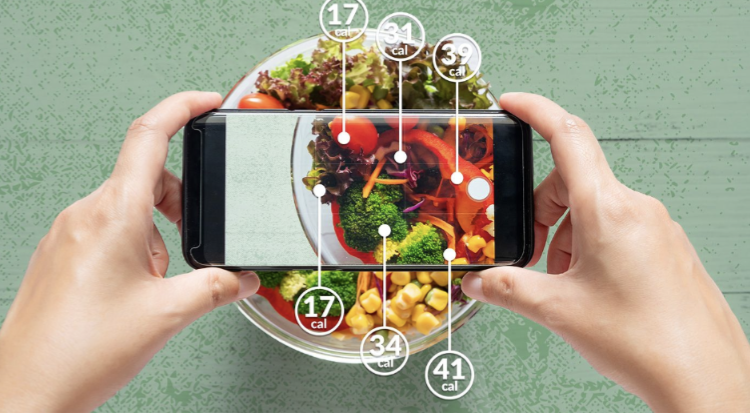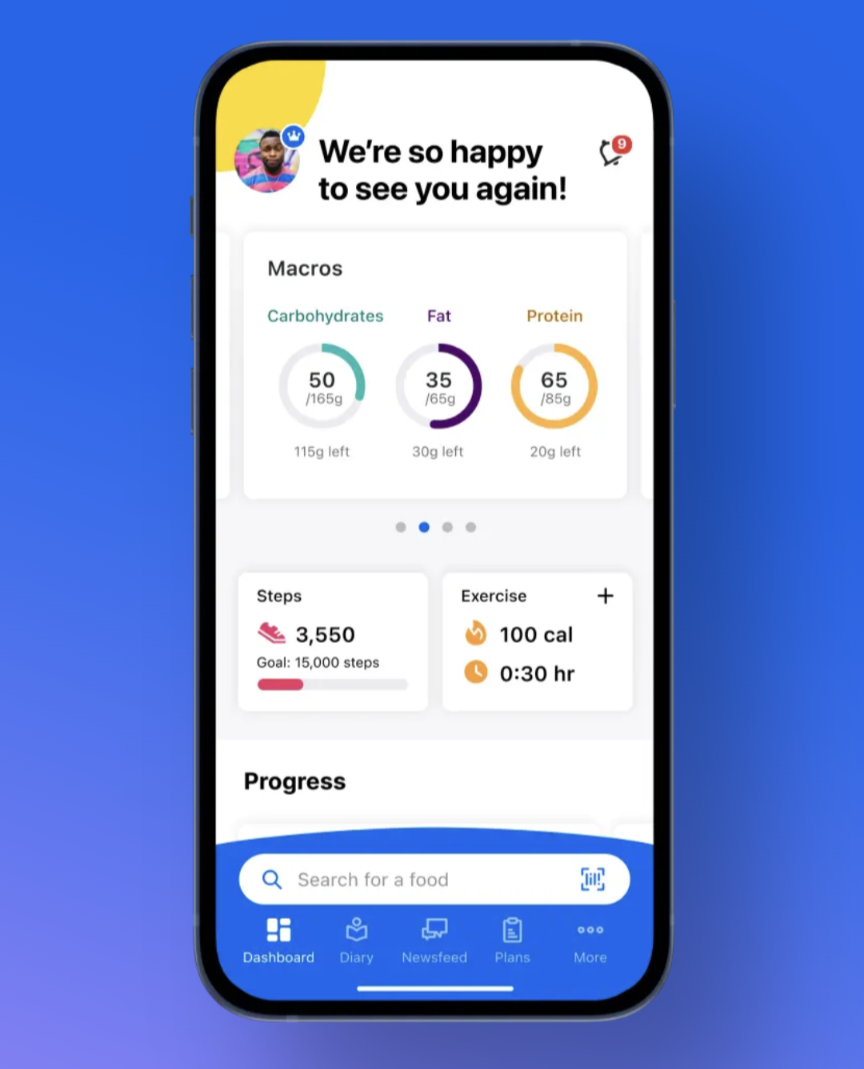In the pursuit of a healthier lifestyle, many people are turning to technology to assist in managing their dietary habits. Calorie-counting apps have emerged as a popular tool for those looking to achieve nutritional balance. These apps provide a convenient and efficient way to track food intake, monitor nutritional values, and ensure that dietary goals are met. This article explores the utilization of calorie-counting apps and their impact on maintaining nutritional balance.
Understanding Calorie-Counting Apps
Calorie-counting apps are digital tools designed to help users log their daily food consumption and calculate the number of calories they intake. These apps often come equipped with extensive food databases, barcode scanners, and customizable goal settings. By inputting information about the foods and beverages consumed throughout the day, users can easily track their caloric intake and compare it against their daily requirements.
Benefits of Using Calorie-Counting Apps
- Accurate Tracking: Calorie-counting apps offer precise tracking of calories and nutrients. Users can input exact portions and ingredients, allowing for detailed analysis of their diet.
- Nutritional Awareness: By logging food intake, users become more aware of the nutritional content of their meals. This awareness can lead to better food choices and improved nutritional balance.
- Goal Setting and Monitoring: These apps often feature goal-setting capabilities, enabling users to tailor their calorie and nutrient intake to match their personal health goals, whether it’s weight loss, muscle gain, or maintaining a balanced diet.
- Convenience and Accessibility: With the proliferation of smartphones, calorie-counting apps are readily accessible. Users can log their meals on the go, making it easier to stick to their dietary plans.
- Support and Community: Many apps include community features where users can share tips, recipes, and support each other’s nutritional journeys.
Popular Calorie-Counting Apps
Several calorie-counting apps stand out due to their comprehensive features and user-friendly interfaces:
- MyFitnessPal: Known for its extensive food database and ease of use, MyFitnessPal allows users to track calories, macronutrients, and micronutrients. It also offers integration with various fitness trackers.
- Lose It!: This app focuses on simplicity and ease of use, with a strong emphasis on community support and motivational features.
- Cronometer: Catering to users who want detailed nutritional information, Cronometer tracks vitamins, minerals, and other nutrients in addition to calories.
- Yazio: Yazio offers personalized plans for weight loss, muscle gain, or maintaining weight. It also includes meal planning and recipe features.

Tips for Effective Use of Calorie-Counting Apps
- Consistency: Regularly log all meals and snacks to get an accurate picture of your caloric and nutritional intake.
- Honesty: Be truthful about portion sizes and ingredients to ensure accurate tracking.
- Use the Barcode Scanner: Many apps have barcode scanners that make logging packaged foods quick and easy.
- Set Realistic Goals: Align your calorie and nutrient goals with your overall health objectives. Consult a nutritionist if needed.
- Monitor Nutrients, Not Just Calories: Pay attention to macronutrients (proteins, fats, carbohydrates) and micronutrients (vitamins and minerals) to ensure a well-rounded diet.
Challenges and Considerations
While calorie-counting apps can be beneficial, they are not without challenges:
- Accuracy of Databases: Food databases may contain inaccuracies, leading to incorrect calorie counts.
- Time-Consuming: Logging every meal can be time-consuming and may become tedious over time.
- Potential for Obsession: Some users may become overly focused on calorie counting, leading to unhealthy eating behaviors.
- Privacy Concerns: Sharing personal dietary information raises privacy concerns for some users.
Conclusion
Calorie-counting apps are valuable tools for achieving nutritional balance. They offer a convenient way to track food intake, promote nutritional awareness, and support various health goals. However, users should be mindful of the potential challenges and use these apps as part of a holistic approach to health and wellness. By leveraging the features of these apps wisely, individuals can take significant steps toward a balanced and healthy diet.


Leave a Reply